As introduced: A Bill
With divisive concept bills making their way through state legislatures, teachers and professors share their concern for the repercussions of the vague language in the bills
Knight Times journalists parse the language of Ohio House Bill 327 to understand what legislators deem “divisive concepts.”
In June of 2021, primary sponsors referred Ohio House Bill 327 to the House State and Local Government Committee. HB 327 aims to remove the discussion of divisive concepts from classrooms across the state, potentially changing the curriculum in k-12 education as well as colleges and universities.
This bill comes in a long line of bills that have been introduced nationwide since former President Donald Trump signed an executive order in 2020 combating race and sex stereotyping, which was overturned by President Biden on January 20, 2021. In February of 2021, Maine became the first of 42 states to introduce these bills.
“House Bill 327 is to make clear that all people are equal regardless of their skin color, race, sex, religion, or national origin, and no students should be compelled to a certain belief based on skin color, race, sex, religion, or national origin,” Ohio state Representative Tom Brinkman said.
As a co-sponsor of the bill, Brinkman’s constituents informed him of their concerns about Critical Race Theory (CRT) being in local school curriculums. In the hotly contested school board race in Brinkman’s district, The Forest Hills community voted to elect candidates who would keep Critical Race Theory out of the district.
“Citizens have approached us that are very concerned about Critical Race Theory and its indocturnation to our young people and students in school, and so we want to keep this type of thing out of our schools just like we would with anything else that was hateful and mean,” Brinkman said.
House Bill 327 does not specifically use the term Critical Race Theory. The bill states that “No school district shall teach, instruct, or train any divisive concepts , nor shall any school district require a student to advocate for or against a specific topic or point of view to receive credit for any coursework.”
Jonathan Bitzer, English teacher at Kings High School, isn’t sure which conversations about certain topics need to be eliminated in his classroom. For example, he and his students discuss implicit bias, a concept that is deemed divisive under the language of House Bill 327.
“Implicit bias has been studied quite extensively. It’s this idea that human beings by virtue of the nature of the human mind make certain connections/connotations with that person they’re having in that moment. So someone sees you and they’re going to see that shirt and they’re going to associate various ideas or musical tastes or assumptions of your recreational habits based on that shirt. Implicit bias is something that has been studied extensively. The scientific community is pretty settled; implicit bias exists, and it exists around issues of gender, sexuality, race, ethnicity, whatever language you speak. It is a matter of settled science,” Bitzer said.
Bitzer currently adheres to district policies regarding divisive concepts.
“The district has policies on how to deal with divisive topics, and I make sure that we follow them consistently, but especially at an age when so much media is consumed without assessment of its credibility. It’s really important to me that I give my students the tools to assess the credibility of the sources they are looking at and a broader sense of what that picture looks like when they’re assessing certain information that they’ve come in contact with,” Bitzer said.
The term “divisive concepts” is loosely defined in the bill “as ascribing character traits, values, moral and ethnical codes, privilege, status, or beliefs to a nationality, color, ethnicity, race, or sex.” This vague interpretation can make teaching certain classes challenging for educators.
Professor of History and Chair of the Department of Ethnic Studies at Bowling-Green State University (BGSU), Timothy F. Messer-Kruse says it’s “virtually impossible to properly teach the history of racism under the terms of this law.”
The bill does not prohibit the discussion or implementation of instructional material about the controversial aspects of history as long as it is done in an objective manner and without endorsement.
“This law would effectively require that if I’m teaching about lynch mobs, I would have to talk about how, of course, they were violent and oppressive. But to be fair and objective according to the law, I’d also have to give kind words. I’m not going to say that the Klu Klux Klan were very fine people,” Messer-Kruse said.
The bill does not require universities to change their guidelines for granting professors tenure, but Messer-Kruse believes that tenure will be affected under the language of this bill if it passes into law.
“[Tenure] is a protection for the free speech rights not only of the faculty member but also the students, and the ability of the university to pursue research without undue influence from an outside base,” Messer-Kruse said. “It could create a series of penalties, and a series of prohibitions for existing faculty. The fact is, we don’t really know how it would go because, again, the legislation is vague on what exactly is required. But even that sort of a threat is enough to change a lot of professors and instructors behavior,”
If this bill is passed, Messer-Kruse would refuse to teach his Introduction to Ethnic Studies course for fear of being the “poster child of violating this law.” This course satisfies a general studies requirement to graduate from BGSU. He has been very vocal about his disapproval of this bill and believes that anyone in perpetration of the law under this legislation could be made a scapegoat.
At the K-12 level, if a school is in violation of teaching divisive concepts, the bill states that the department of education can withhold state funding until it is determined that the district is no longer in violation of the legislature.
Brinkman does not believe that learning concepts like white privilege and CRT prepare students for college and higher education. Brinkman believes that everyone is equal, and that continuing the discussion on race and Critical Race Theory further adds on to the problem of “segmenting and dividing our society.”
“I don’t think that we should be perpetuating the stereotype and that’s what I see this Critical Race Theory doing. It’s basically telling people that they’re bad because of your race, or religion, or your sex, whatever, and I just dont think that that’s what we should be doing,” Brinkman said.
Messer-Kruse told the Knight Times that he sees no resemblance between the divisive concepts described in the bill and the tenets and principles of Critical Race Theory.
“For example, one of the divisive concepts is the teaching that one racial or ethnic group is superior to another. The entire corpus of all the work that I’m familiar with in the study of race and racism is weighing on the side that obviously, no racially defined group is superior to another. And if you start thinking that there are such things as racial groups you’re on the road to racism already. It’s so opposed to the reality of our teaching that it must have been drafted in the attempt to smear the entire discipline of ethnic studies with falsehoods. Much of the rest of the so-called divisive concepts [in the bill] are similar to that. They are not concepts that we teach. They are not principles that we uphold. The law itself doesn’t bear an accurate reflection of what it is that we actually do,” Messer-Kruse said.
Leilah Brown, junior at Kings High School, believes that it’s important to understand others’ perspectives and to educate people on topics that affect others. Her opinion is that talking about concepts like Critical Race Theory may change the future.
“With these younger generations who are going to become our future police officers and judges, I think slowly but surely if we change it in the classroom we can change [racism] in the real world,” Leilah Brown said.
In the time period of this story being drafted, Ohio representatives Mike Loychik and Jean Schmidt have introduced House Bill 616 stating that “ ‘Divisive or inherently racist concepts’ include all of the following: Critical Race Theory; Intersectional Theory; The 1619 Project; Diversity, Equity, and Inclusion learning outcomes; Inherited racial guilt; Any other concept that the state board of education defines as divisive or inherently racist.”
This bill doubles down on the consequences for teachers and administrators in violation, “including, but not limited to, an official license admonishment, licensure suspension, or licensure revocation.”
Want to show your appreciation?
Consider donating to The Knight Times!
Your proceeds will go directly towards our newsroom so we can continue bringing you timely, truthful, and professional journalism.




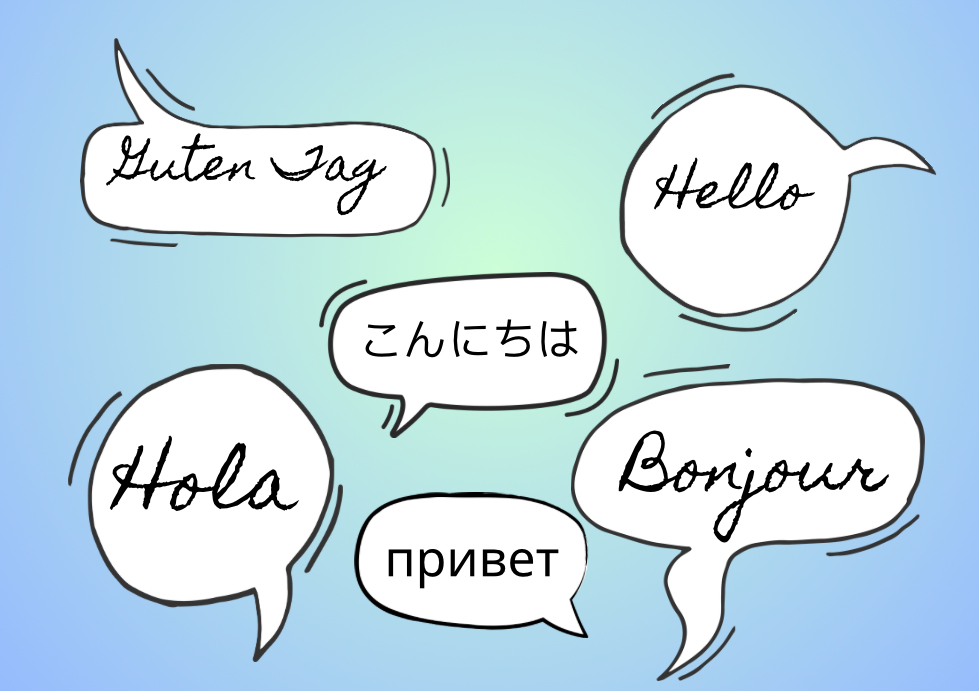

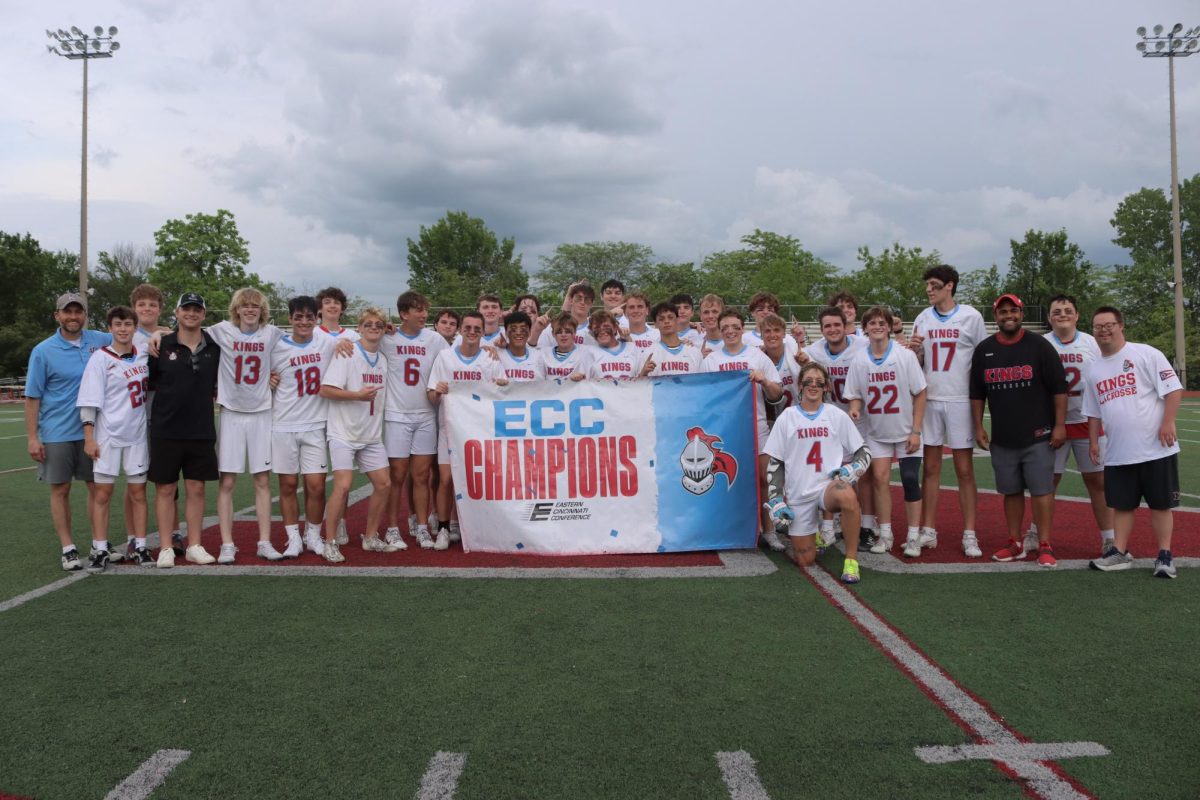



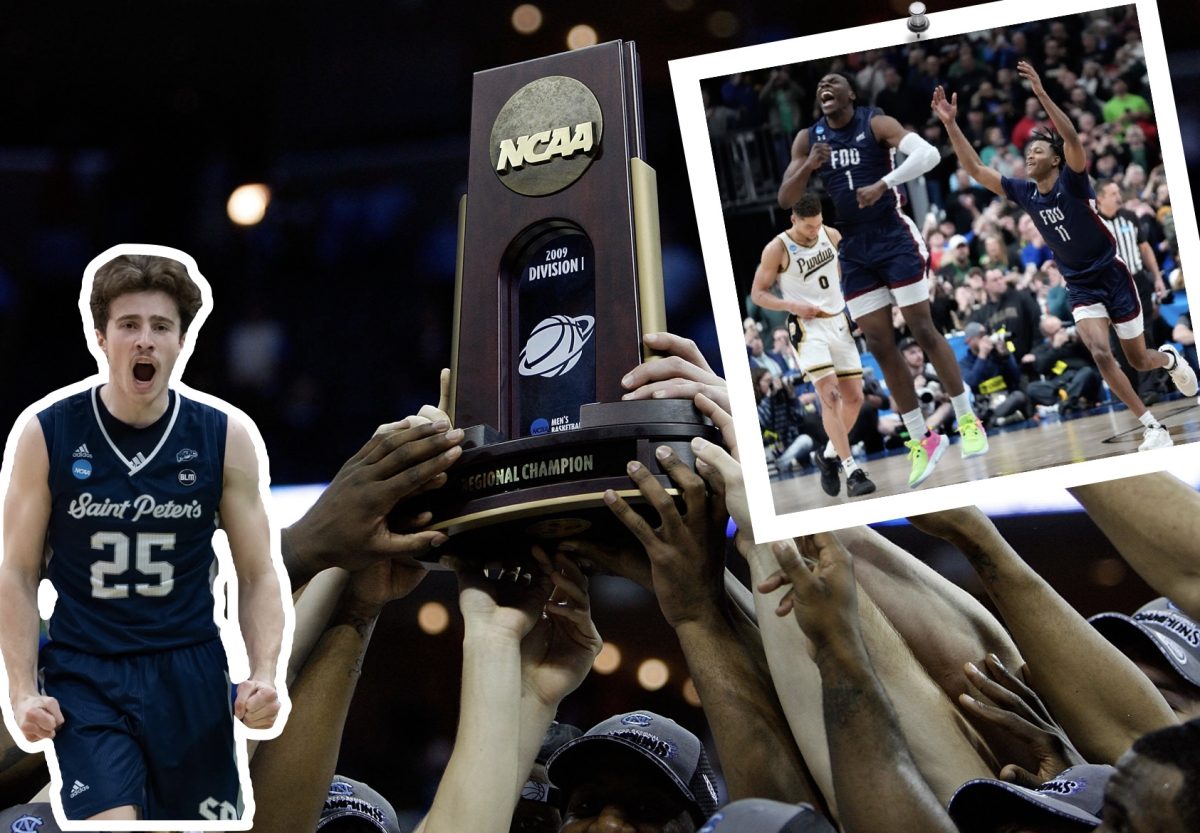
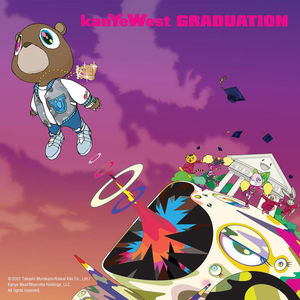





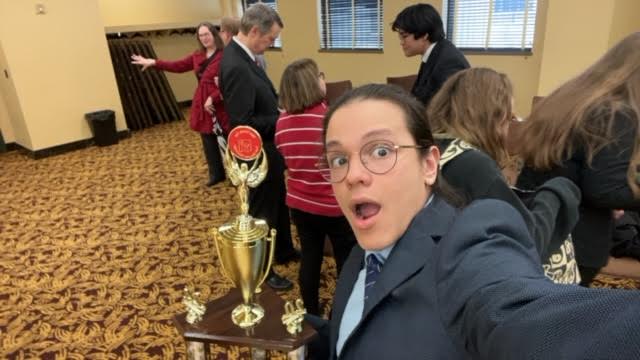










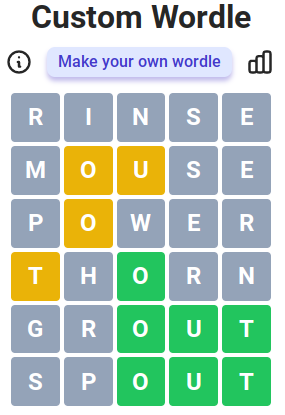
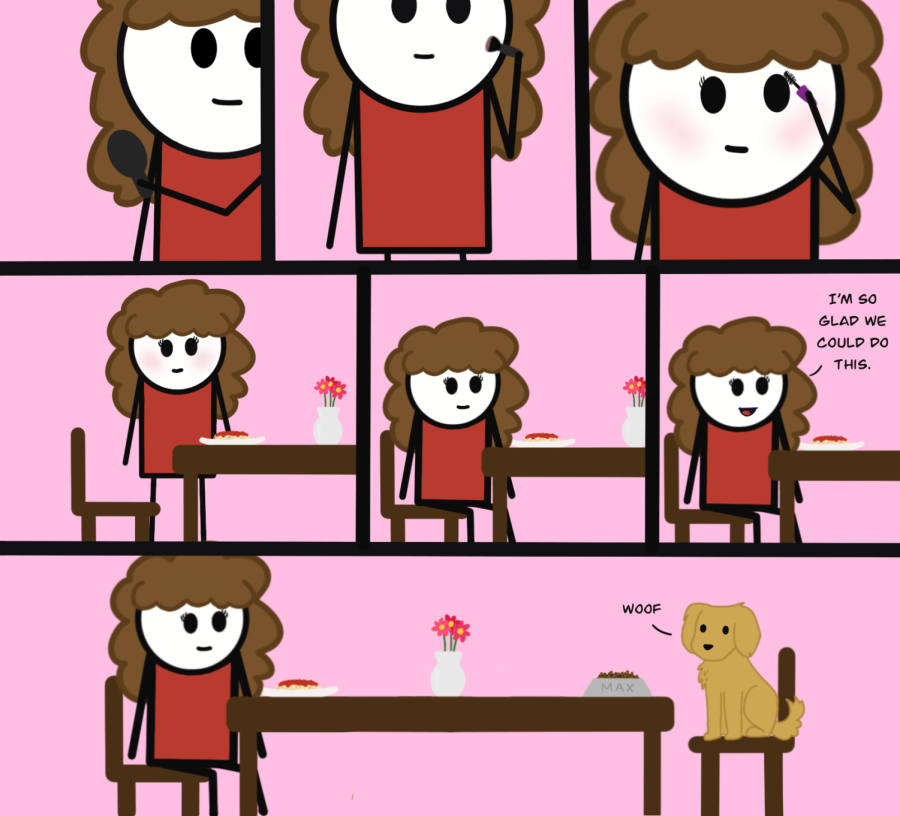
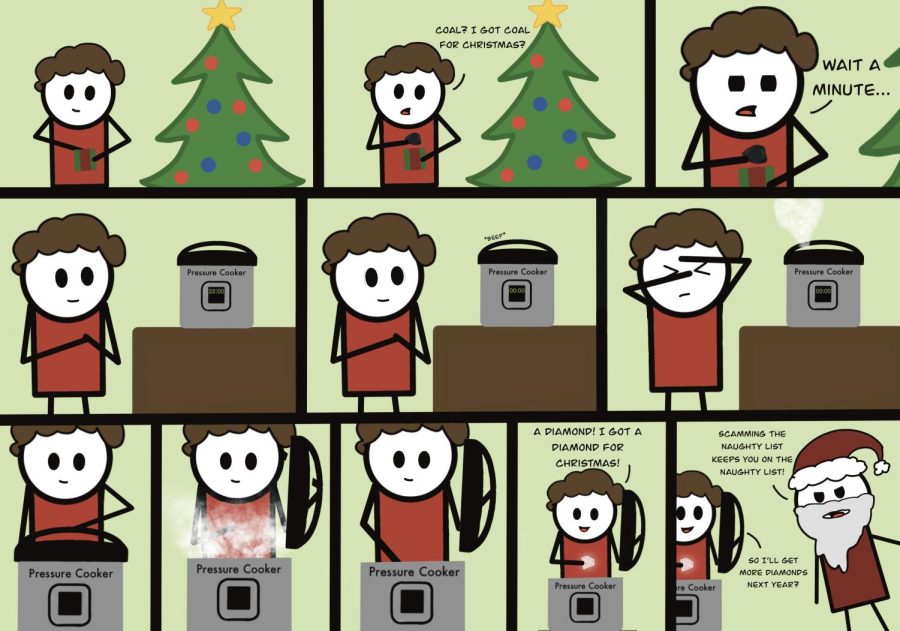
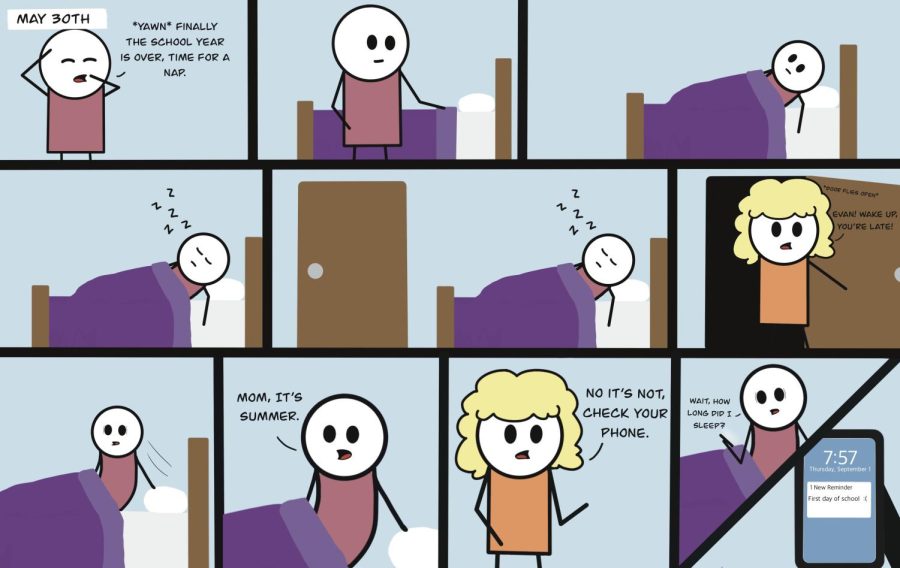
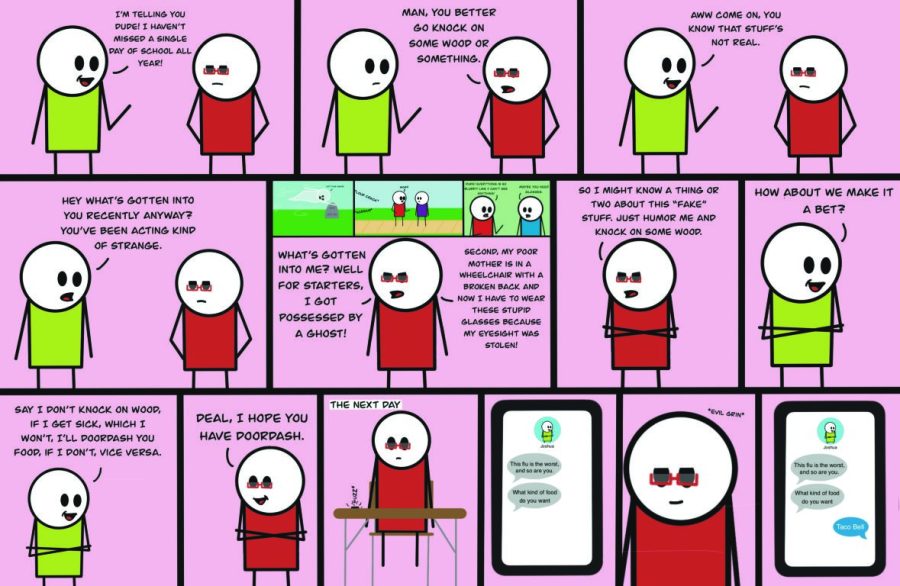
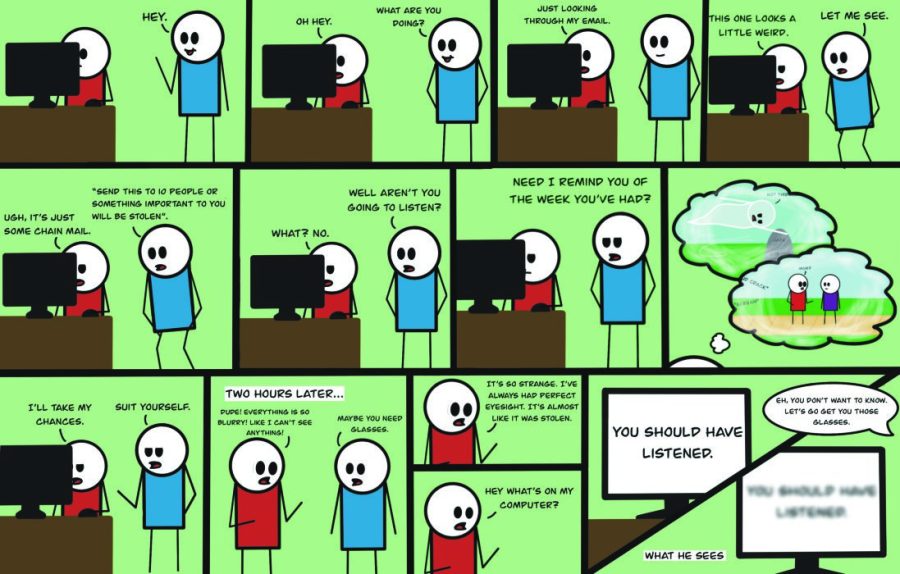




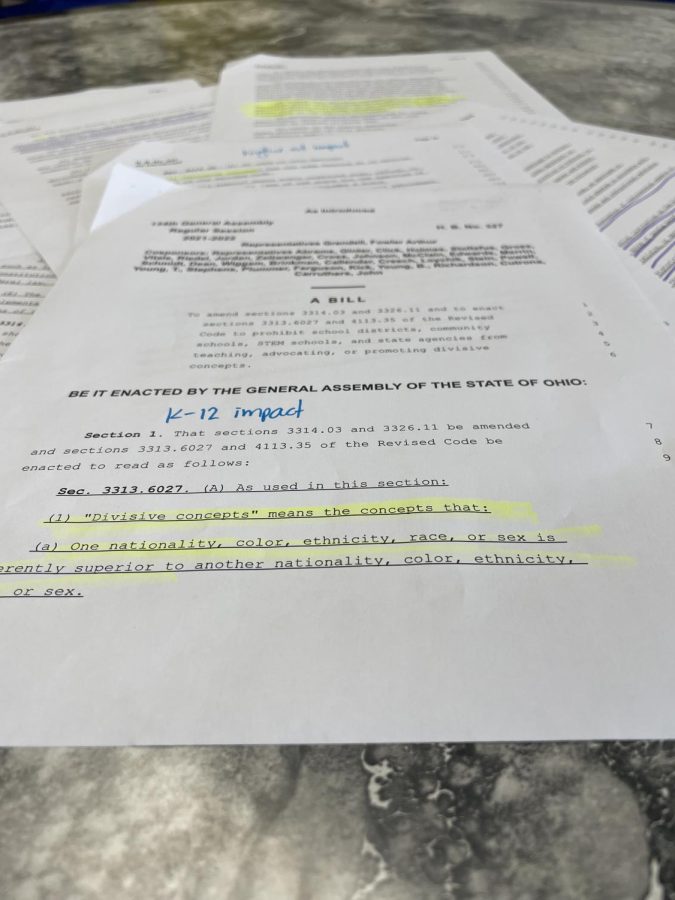


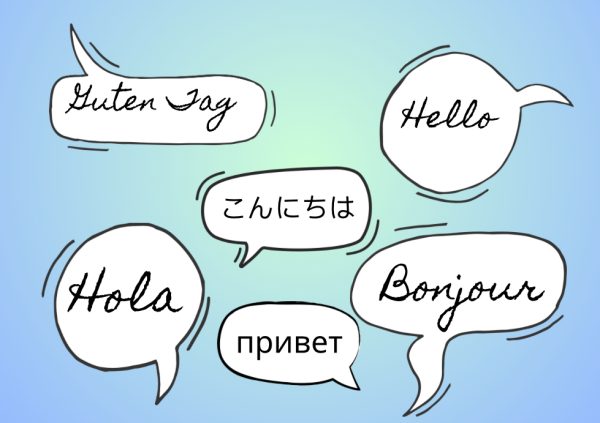

Courtney • May 6, 2022 at 8:36 pm
So proud of you, such a well written article!!
Hudson • May 3, 2022 at 6:58 am
Good work Kyle! Very impressed with the quality of this article.
Z • May 3, 2022 at 6:58 am
Go Kyle!